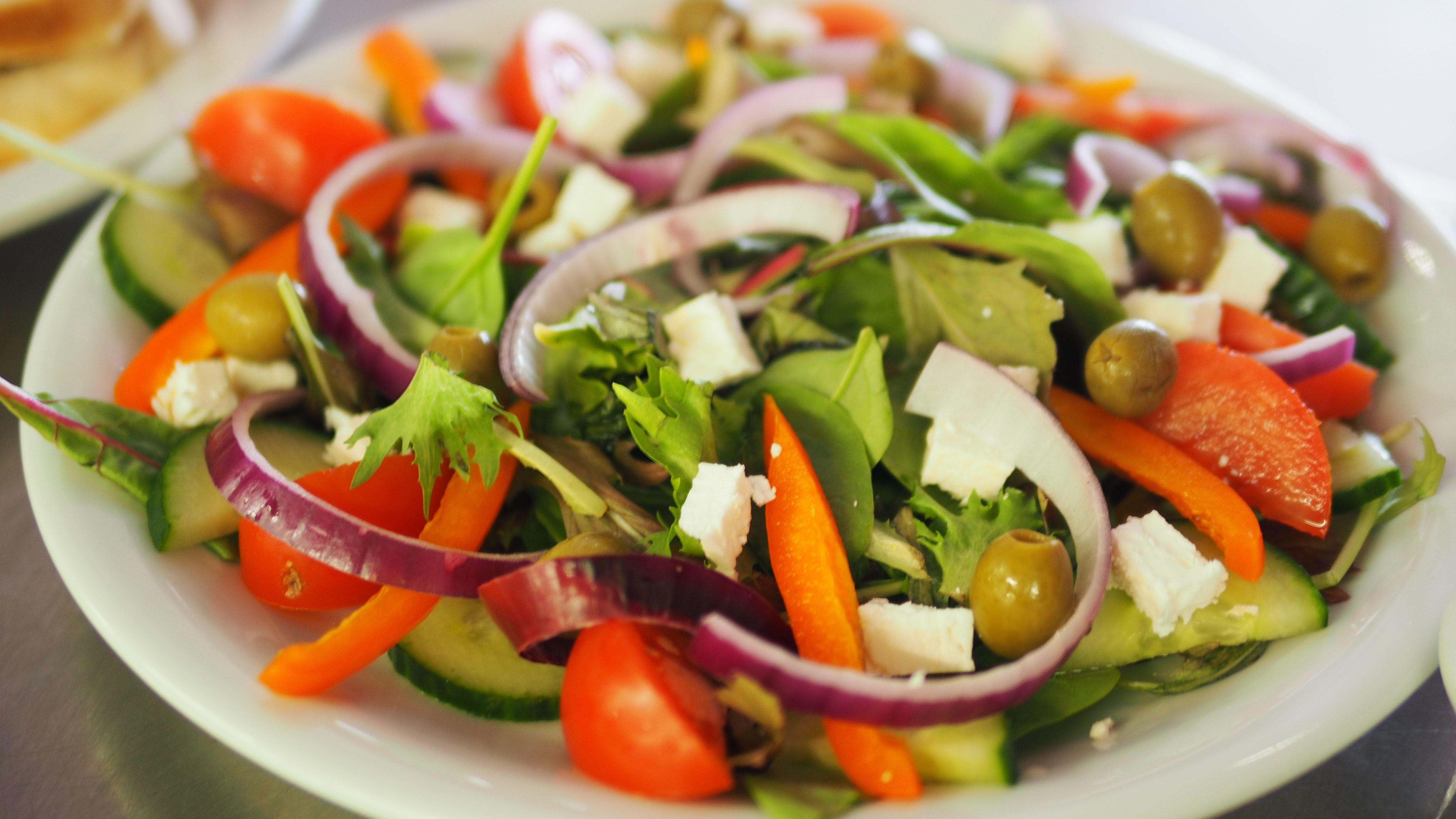September 17, 2018 – It’s one of the most important things a college student will do, choose a major. But choosing a major, that is right for you isn’t always easy. Often young adults may have an idea of what they want to do, but it may not always correlate with what will make them happy. People choose their college majors based on a variety of factors, including not just what they think they will enjoy doing, but also how much money they want to make. We’ve caught up with a couple of College of Agriculture and Human Sciences majors to ask why they chose this field, and their answers may be surprising.
Fumbi Abisuwa is a Nutrition and Dietetics major. The Junior is a native of Ibadan, Nigeria; her favorite food is a native dish, Egusi Soup which consists of spinach, palm oil, melon seed, salt, pepper, and goat meat.
Tri-Ag: Why did you choose nutrition as a major?
Fumbi: I had two reasons for choosing to study nutrition: first I decided on Nutrition because I wanted to explore a course that made me relevant to my world (with obesity and malnutrition so rampant), and therefore, part of the solution. Secondly, I always admired my fiancé who has a vast knowledge of food, nutrition, and awe. He was my motivation and role model in towing this line, and I have not regretted it once.
Tri-Ag: How has your health lifestyle changed since studying nutrition?
Fumbi: A whole lot has changed. To mention a few, first, I know what is in the food I eat. I can also control the amount of these nutrients I eat, thereby achieving desirable weight and optimal health. I can also identify symptoms of deficiencies when I have them and adjust my diet as needed.
Tri-Ag: What are you planning to gain from studying nutrition?
Fumbi: The ultimate goal is to gain extensive knowledge of food and how it relates to the body and use this knowledge to help millions around the world dying of nutrient-related non-communicable diseases.
Tri-Ag: If you had this knowledge about nutrition during your high school days, would your health and lifestyle be different?
Fumbi:A very big yes. I lived to eat then, with better knowledge, I’d eat to live.
Tri-Ag: What changes would you have made?
Fumbi: I would have substituted all those unhealthy foods with more vegetables and whole grain foods, reduced simple sugar intake and eaten fruits instead. I would have also tried to control my portion intake more effectively, and advised my family members differently.
Tri-Ag: Do you think the “freshman 15” would exist if younger people knew the value of living a healthy lifestyle before going off to college?
Fumbi: No, it wouldn’t. There’s something about nutrition that subconsciously brings an individual’s food choices under better control. Also, the supposed “freshman 15” would make better food choices when they got into college.
Tri-Ag: Should high school curricula include a mandatory health/nutrition class?
Fumbi: YES. If the school’s curriculum included mandatory health and nutrition classes early on, students would embrace healthy eating at an early age. They would then go into the world better prepared to face the big challenge facing the young folk; Obesity.
Tri-Ag: What do you consider a healthy, affordable diet for college students?
Fumbi: Food and snacks should incorporate more vegetables, whole foods, and fruits. They could also avoid “energy dense, low nutrient foods” such as fries, soda, sugary pastries, and limit cheese. Merely making healthier choices in the cafeteria could make a world of difference.
Tri-Ag: What are some tips for staying healthy?
Fumbi: Drink lots and lots of water; avoid fried foods, high sugar pastries and limit cheese intake. Also, avoid sugary drinks and caffeine; Be physically active; whenever possible, take the stairs!
Article written by Alexa Jackson, CAHS Student, Senior – Fall 18

